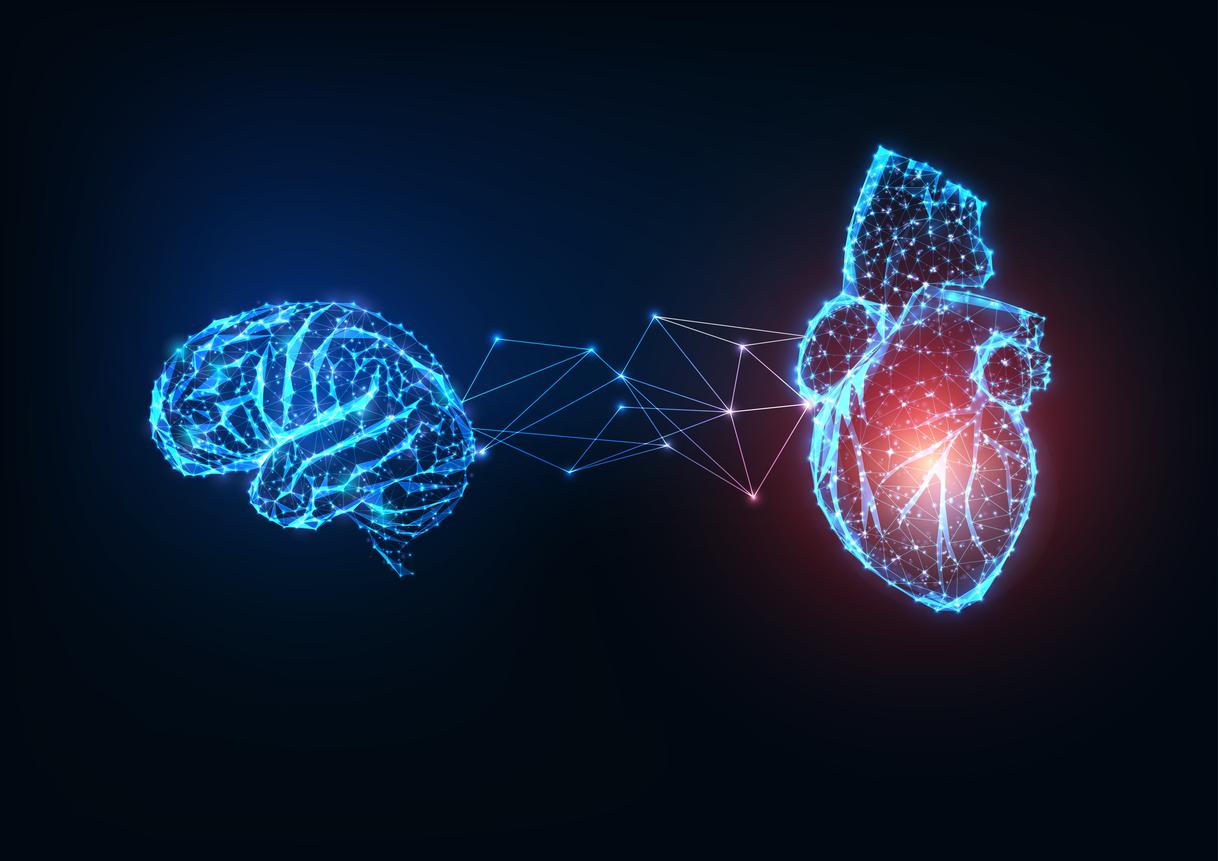During sleep, one region of the brain “learns” new information acquired during the day to another, thus consolidating the memory of long-term memories. Explanations.

- A “good night”, according to the National Institute of Health and Medical Research, is between 4 and 6 successive cycles of 90 minutes on average. Each cycle is itself made up of three distinct phases: light slow wave sleep (50% of the time), deep slow wave sleep (20-25%) and paradoxical sleep (20-25%).
- There are several types of memory: spatial memory, perceptual (the five senses), episodic (memories), semantic (pure knowledge), procedural (automatisms such as knowing how to walk, write, drive, etc.), long-term memory. short and long term, muscle memory… Each affects one or more areas of the brain simultaneously.
What role does sleep play in creating memories? “We have known for a long time that useful learning takes place during sleep”says Anna Schapiro, neuroscientist at the University of Pennsylvania, in the United States. “You encode new experiences while you’re awake, you fall asleep, and when you wake up your memory has somehow been transformed.” But how ? A new study, conducted by the researcher and her team, lifts the veil a little more on this process.
Memory consolidates between deep and REM sleep
As part of their work, published in the journal Proceedings of the National Academy of Sciences, the scientists first built a computer model of a neural network consisting of a hippocampus, the center of the brain in charge of new episodic information, and a neocortex, involved in essential functions like language, cognition and memory storage. Several sleep simulations were then performed using an algorithm.
By analyzing patterns of brain activity based on sleep cycles, the researchers found that when our brain transitions from deep (slow-wave) sleep to REM sleep—about five times a night—the hippocampus “teach” the neocortex what it has learned, transforming new and fleeting memories into lasting memory. Concretely, during slow and deep sleep, the brain, guided by the hippocampus, revisits the recently acquired information, and during paradoxical sleep, the brain, guided by the neocortex, replays the “movie” of this information that it knows already, to make them well-anchored memories, before storing them.
The importance of sleep stages for memory
The alternation between the two phases of sleep is crucial, assures neuroscientist Dhairyya Singh, co-author of the study, in a communicated. “When the neocortex does not have the ability to replay its own information [par exemple lorsque nous brisons un cycle de sommeil avant sa fin, ndlr], we see that the information is overwritten there. So we think you have to alternate REM and non-REM sleep for memory to form sustainably.”
In the long term, researchers hope that a better understanding of the role of sleep stages on memory could help develop new treatments for psychiatric and neurological disorders, including sleep problems are a symptom.
















